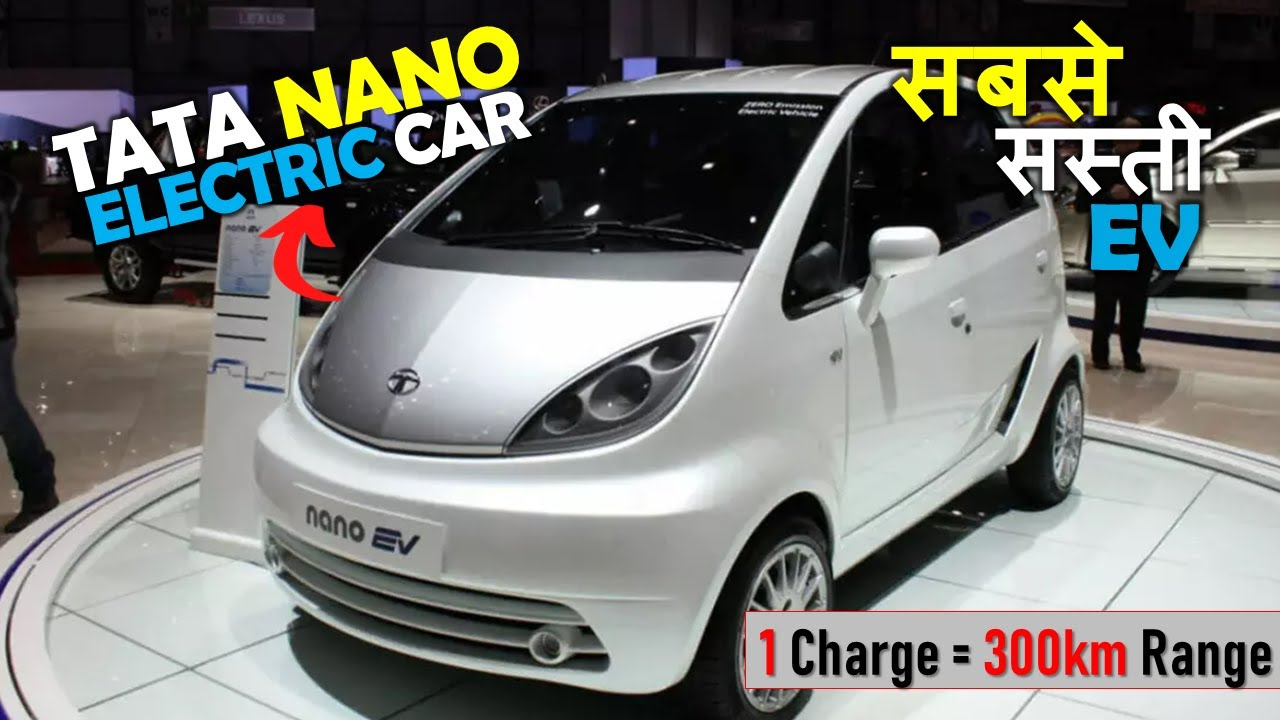Tata Nano: In a groundbreaking move that has transformed the automotive landscape in India, Tata Motors has unveiled the highly anticipated Nano, a compact car that promises to redefine the concept of affordable mobility. This revolutionary offering from the Indian conglomerate has not only captured the imagination of the masses but also set a new benchmark for accessible transportation in the country.
A Pioneering Vision
The Tata Nano was conceived as a response to the growing demand for a safe, reliable, and cost-effective mode of personal transportation in India. Tata Motors’ visionary Chairman, the late Ratan Tata, recognized the need for a vehicle that could provide families with a practical and aspirational alternative to two-wheelers, while also addressing the challenges of urban congestion and rising fuel prices.
“The Nano was born out of a deep understanding of the needs and aspirations of the Indian consumer,” said Rajesh Gupta, an automotive industry analyst. “Tata Motors’ commitment to democratizing car ownership has been the driving force behind this groundbreaking project.”
Compact, Efficient Design
The Tata Nano’s design is a testament to the brand’s engineering prowess and its ability to maximize functionality within a compact footprint. The vehicle’s diminutive dimensions, measuring just 3.1 meters in length and 1.5 meters in width, make it an ideal choice for navigating the congested streets of India’s urban centers.
Despite its small size, the Nano’s designers have managed to create a surprisingly spacious interior, with ample headroom and legroom for up to four adult passengers. The rear-mounted, 624cc, two-cylinder engine not only frees up valuable cabin space but also contributes to the car’s impressive fuel efficiency of up to 25.4 km/l.
“Tata’s engineers have truly worked wonders with the Nano’s packaging,” commented Neha Sharma, an automotive journalist. “The car’s compact dimensions and efficient powertrain make it a perfect fit for the Indian market.”
Safety and Connectivity
Recognizing the importance of safety in the entry-level car segment, Tata Motors has equipped the Nano with a host of features to protect its occupants. Standard across all variants are dual front airbags, anti-lock braking system (ABS), and a reinforced passenger cell structure that meets the latest crash safety norms.
In terms of connectivity, the Nano offers a 7-inch touchscreen infotainment system with support for Android Auto and Apple CarPlay, allowing seamless integration with smartphones. This feature-rich system also includes a reverse parking camera and voice command capabilities, enhancing the overall driving experience.
Pricing and Positioning
Perhaps the most remarkable aspect of the Tata Nano is its pricing strategy. Tata Motors has managed to keep the base variant of the car priced at just ₹1.99 lakh (ex-showroom), making it one of the most affordable new cars in the Indian market. This aggressive pricing has democratized car ownership, opening up the dream of personal mobility to a vast segment of the population that was previously priced out of the market.
“The Nano’s pricing has been a game-changer,” said Amit Verma, a senior sales executive at a leading Tata dealership. “It has made car ownership a reality for millions of Indians who previously had to rely on two-wheelers or public transportation.”
Challenges and Adaptations
Despite the Nano’s revolutionary concept and impressive technical achievements, the car has faced its fair share of challenges since its introduction. Initial production delays and quality concerns dampened the initial enthusiasm, leading Tata Motors to address these issues through continuous improvements and refinements.
In response to evolving customer preferences and stricter emission norms, Tata has also introduced updated versions of the Nano, including a CNG-powered variant and a more feature-rich “GenX” model. These adaptations have helped the car maintain its relevance in the ever-changing automotive landscape.
A Legacy of Innovation
The Tata Nano’s impact on the Indian automotive industry cannot be overstated. This compact car has not only democratized personal transportation but also inspired a new generation of engineers and designers to think outside the box. The Nano’s success has paved the way for other automakers to explore innovative solutions for affordable mobility, further driving the industry’s evolution.
As the Nano continues to evolve and adapt to the changing needs of the market, it stands as a testament to Tata Motors’ commitment to innovation and its unwavering dedication to empowering the masses. The car’s legacy will undoubtedly continue to inspire and shape the future of the Indian automotive industry for years to come.
